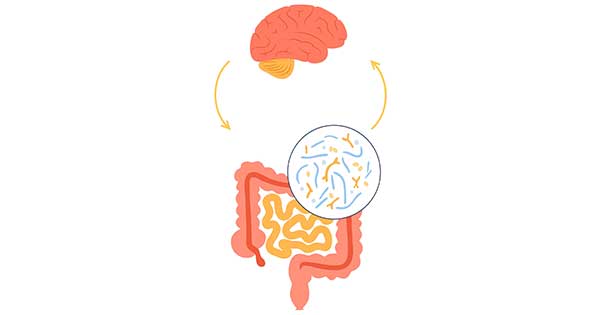A study co-coordinated by Dr Elena Martín-Garcia selected best article 2024 by the prestigious GUT magazine
The research links gut microbiota to the predisposition for developing food addiction and associates the presence of specific bacterial types with the risk of this disorder.

GUT, the journal of the British Society of Gastroenterology, published by BMJ (British Medical Journal), awarded its Best Article of 2024 to the study led by Dr. Elena Martín-Garcia of the Institut de Neurociències and Dr. Rafael Maldonado of the UPF. The study, titled "Gut microbiota signatures of vulnerability to food addiction in mice and humans", identifies a connection between gut microbiota composition and susceptibility to food addiction.
Food addiction, characterised by loss of control over eating, can lead to obesity and changes in gut microbiota. The study explored whether microbiota composition plays a role in food addiction mechanisms.
The researchers found that certain bacteria, such as proteobacteria, are linked to the disorder, while others, like actinobacteria, seem to offer protective effects. Additionally, the study highlighted the beneficial role of Blautia wexlerae, a bacterium often underrepresented in individuals and mice with food addiction. Promoting the growth of Blautia in the gut improved food addiction symptoms, findings consistent across humans and mice.
“Being selected as the best article of the year among hundreds published in this journal is an incredible achievement that will significantly boost the visibility and impact of our research,” said Dr Martín-Garcia.
Research paper:
Samulėnaitė S, García-Blanco A, Mayneris-Perxachs J, et al Gut microbiota signatures of vulnerability to food addiction in mice and humans, Gut 2024;73:1799-1815.